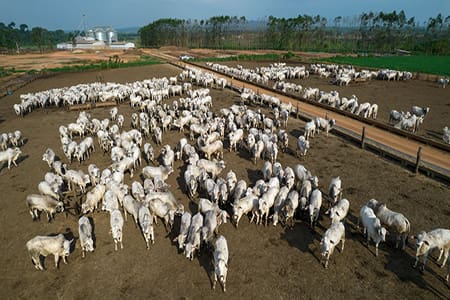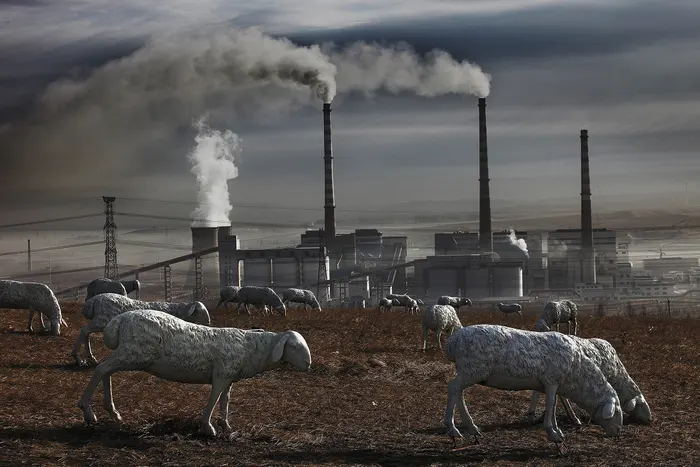Biodiversity—the vast web of life that sustains ecosystems and human existence—is under unprecedented threat, and industrial animal agriculture stands as one of its primary drivers. Factory farming fuels large-scale deforestation, wetland drainage, and grassland destruction to create space for grazing livestock or to grow monoculture feed crops such as soy and corn. These activities fragment natural habitats, displace countless species, and push many toward extinction. The ripple effects are profound, destabilizing ecosystems that regulate climate, purify air and water, and maintain soil fertility.
The intensive use of chemical fertilizers, pesticides, and antibiotics in industrial farming further accelerates biodiversity decline by poisoning waterways, degrading soils, and weakening natural food chains. Aquatic ecosystems are particularly vulnerable, as nutrient runoff creates oxygen-depleted “dead zones” where fish and other species cannot survive. At the same time, the homogenization of global agriculture erodes genetic diversity, leaving food systems more vulnerable to pests, diseases, and climate shocks.
This category underscores how protecting biodiversity is inseparable from rethinking our diets and farming practices. By reducing dependence on animal products and embracing more sustainable, plant-based food systems, humanity can alleviate pressures on ecosystems, safeguard endangered species, and preserve the natural balance that supports all forms of life.
Imagine a world where forests stand tall, rivers sparkle with purity, and wildlife thrives without threat. This vision isn’t as far-fetched as it seems—your plate holds the key. The meat and dairy industries are among the largest contributors to deforestation, greenhouse gas emissions, water pollution, and species extinction. By shifting to a plant-based diet, you can play a pivotal role in reversing these impacts. From slashing carbon footprints to preserving vital ecosystems, every meal is an opportunity to protect our planet. Ready to make a difference? Let’s explore how small dietary changes can spark monumental environmental progress!























































